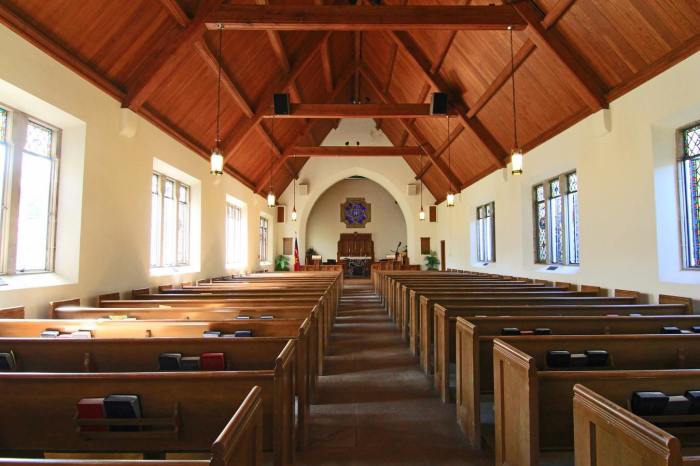How a pandemic is resetting the way pastors do ministry, discipleship

Up until a few months ago, keeping up with the latest digital trends was literally the last thing on pastors’ minds. But now with the rapidly spreading coronavirus, pastors have been forced into a “reset” in how they do ministry.
Reflecting on the effects of the pandemic that has now affected over 1.2 million people worldwide, Nona Jones — who works with thousands of church leaders on reaching people through social technology — believes “this is a bit of a divine reset to help us recalibrate with where the rest of the world is.”
For the past three years, Jones has been saying that “social technology was going to be the next reformation” of the church. And now she’s beginning to see it take hold as churches worldwide have closed their doors to stop the spread of COVID-19.
Church for many Christians had simply been a 1- to 2-hour event once a week. But what about "the other 167 hours?" Jones posed during a recent broadcast with ChurchPulse Weekly and David Kinnaman of the Barna Group.
Already, many churches have taken their worship services online with either pre-recorded sermons or livestreaming as most Americans are on lockdown. But churches shouldn’t stop with that, Jones stressed.
“Don’t allow livestreaming to become your central social strategy,” she said. “That frankly is just opening the door.”
Using a house as a metaphor, she stressed the need to not just open the door but invite people into the living room where people can get to know one another, have conversations and build relationships.
“You should open the door to the living room, not just open the door and say ‘alright, see you all next week,’” she said, describing the limits of a once-a-week broadcast.
That’s where social technology can come in.
Going digital allows for constant discipleship throughout the entire week, she highlighted.
“Sometimes we think we’re discipling people if they are coming in the building on the weekend and watching a sermon when in fact discipleship is really the relational maturation of faith. You have to be in community with people,” she said.
Kinnaman pointed out that “most people experience this sort of buffet of content but they don’t know what to do with it.
“So actually, this digital crisis is going to force the church in a good way to be more multidimensional.”
According to a recent survey by the Barna Group, small group participation has doubled with the use of social media over the past few weeks as churches have closed their physical campuses.
Jones noted that Facebook groups — small groups, women’s and men’s groups, etc. — can be a tool for building relationships throughout the week. She and her husband, Pastor Timothy L. Jones Sr., who together lead Open Door Ministries in Gainesville, Florida, sometimes go live online with their groups to answer questions and share prayer requests.
First digital Easter
With the pandemic not expected to subside in the U.S. for another few months, most churches will be hosting a digital Easter on April 12.
“We are heading into the first digital Easter in the history of the church,” said Carey Nieuwhof of ChurchPulse Weekly and founding pastor of Connexus Church.
While many churches have longstanding traditions for Easter observances, they will have to reinvent those traditions this month as most Christians won’t be able to gather.
“Globally, this is a time of experimentation for the church,” said Bobby Gruenewald, founder of YouVersion and innovation leader at Life.Church, during the ChurchPulse Weekly broadcast. “It’s like a global wave of church innovation, ministry innovation taking place right now.
“I do think the digital things will yield some interesting results and there will be long-term effects from that.”
Innovation, he noted, occurs within constraints.
“Right now, we have these unique constraints that really are unthinkable or unheard of. No one would have ever predicted that we’d have a situation where not just in a particular country … but that across the entire world the doors of churches are physically closed at the same time,” Gruenewald said.
This is a time when the world needs the Good News more than ever, he emphasized, and churches are finding ways to serve the spiritual needs, among other needs.
Innovation, he pointed out, doesn’t have to be digital. Some of the innovative things that emerge from this time may have nothing to do with technology, he said.
While not dismissing the challenges, Gruenewald is optimistic that on the back side of the pandemic, the church will stand stronger.
“I really just believe we’ll see … a reboot of ministry in some ways that … I believe will just make us stronger,” he said.




























